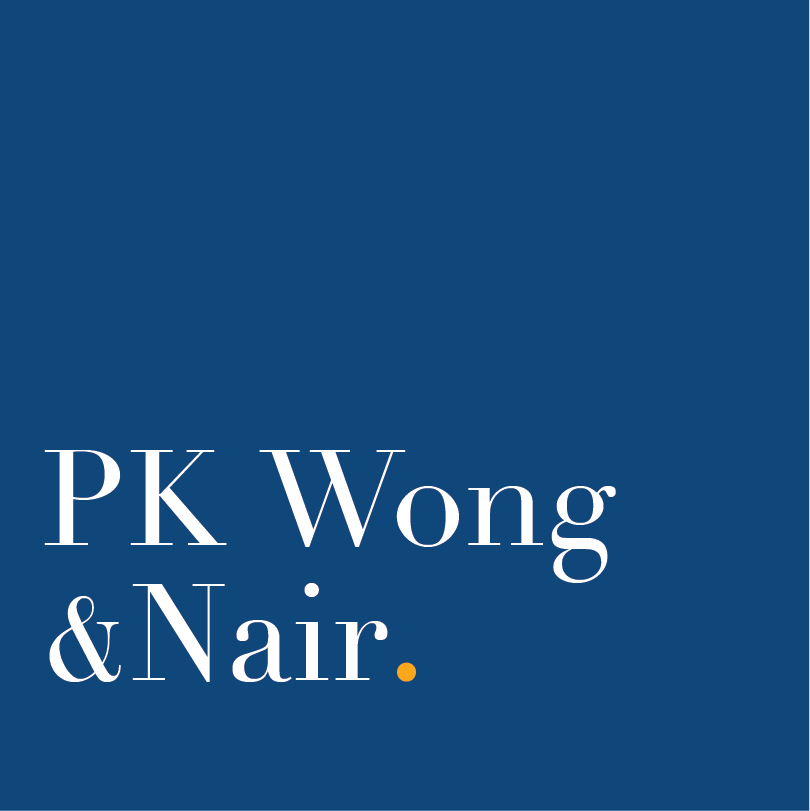It is well known that third-party funding is permissible for arbitration proceedings under section 5B of the Civil Law Act (Cap. 43). It is also well known that rescue financing can be granted super priority under section 67 of the Insolvency, Restructuring and Dissolution Act 2018 (“IRDA”). What happens however when the third-party arbitration funding is the rescue financing? The issue was considered by the Court in Originating Summons No. 2638 of 2021, in the context of the proposed scheme of arrangement of Antanium Resources Pte Ltd (the “Company”).
As part of its restructuring efforts, in May 2021 the Company secured funding from a third-party (the “Funder”) for an ongoing arbitration brought by the Company and a number of its subsidiaries (the “Group”) against one of the Group’s trade finance counterparties (hereinafter referred to as the “respondent”). The respondent also claims to be a creditor of the Company.
The litigation funding agreement (“LFA”) entered into between the Group and the Funder provided that (among other things) any recovery from the arbitration was to first be applied towards the cost of funding, and then to the Company itself. The LFA also required the Group to assign to the Funder any recoveries from the respondent, limited to the amount of the Funder’s entitlement under the LFA. As with most litigation funding arrangements, the LFA provided for no recourse to the Funder in the event that the Group’s claim did not succeed, or if the Group failed to obtain any recoveries from the respondent in the arbitration.
Unlike other litigation funding arrangements however, the LFA required the Company to obtain a “super priority order” from the Singapore High Court, pursuant to section 67(1) of the IRDA, as a condition precedent.
In June 2021, the Company filed an application in Court for the funding under the LFA to be given super priority (the “Super Priority Application”) pursuant to:
- section 67(1)(c)(i) of the IRDA i.e. for the funding to be secured by a security interest on the property of the Company that is not otherwise subject to any security interest;
- section 67(1)(b) of the IRDA i.e. for the funding to have priority over all the preferential debts specified in section 203(1)(a) to (i) of the IRDA and all other unsecured debts in the event that the Company is wound up; and/or
- section 67(1)(a) of the IRDA i.e. for the funding to be treated as if it were part of the costs and expenses of the winding up mentioned in section 203(1)(b) of the IRDA in the event that the Company is wound up.
The Company also filed a sealing application in respect of the affidavits filed in the Super Priority Application to protect information that may suggest the tenor of legal advice that the Group and the Funder may have received and that may have given the respondent an unfair advantage in the arbitration.
The sealing order was granted, and the Super Priority Application was served on the creditors of the Company. The Court directed that the papers to be served on the respondent were to be redacted to remove portions that may be of strategic or tactical significance. The respondent was also allowed to participate at the hearing of the Super Priority Application save for when the Court considered matters of strategic or tactical significance.
The respondent in the arbitration objected to the grant of super priority. The respondent argued (among other things) that the Company had not shown that reasonable efforts had been taken to secure better financing proposals which did not involve the Company granting super priority to the Funder.
After hearing arguments, the Honourable Justice Pang Khang Chau granted the super priority orders sought by the Company, specifically the orders sought under section 67(1)(c)(i) and section 67(1)(b) of the IRDA.
What set this Super Priority Application apart from other such applications is the fact that, unlike other types of rescue financing, the Funder in this case was seeking recovery not out of the general assets of the Company, but only out of the proceeds from the arbitration it was to fund, which proceeds would not form an asset of the Company but for the arbitration. It is suggested that in such cases, the need for super priority over the proceeds from arbitration (or litigation as the case may be) is fairly self-evident given the risk taken on by the Funder and the fact that the only asset to be attached would be the fruits of the arbitration (or litigation).
The Court’s decision demonstrates the breadth of the super priority provisions in the IRDA and is a welcome one for both insolvency and arbitration practices in Singapore.
PK Wong & Nair’s Suresh Nair, Nicole Foo and Joel Yeow acted for the successful applicant in this matter.
“The information provided in this page is for general informational purposes only and is not intended to constitute legal advice. We do not warrant its accuracy or completeness or accept any liability for any loss or damage arising from any reliance thereon. While we strive to provide accurate and up-to-date information, the legal landscape is constantly evolving, and the details of any given case may change over time.”

